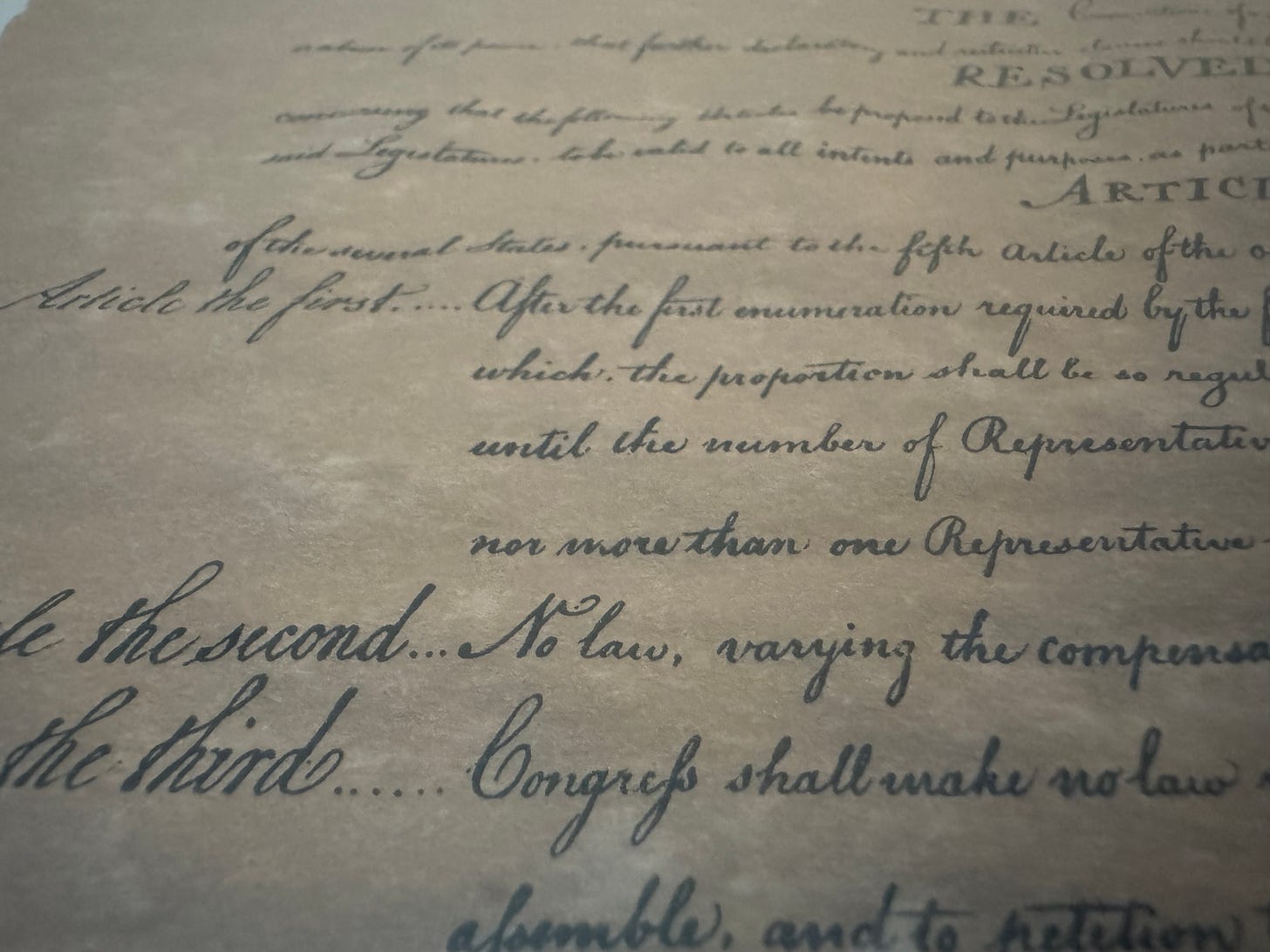Democracy: While Supplies Last
Why checks and balances are the best defense against authoritarianism
All governments are faulty because people are faulty. Every system runs into the same problem: human beings. We are ambitious, greedy, short-sighted, and self-interested.
The best governments don’t pretend we can fix human nature. They admit the flaws and build guardrails. That’s what checks and balances are. They make sure no one person or branch holds …



